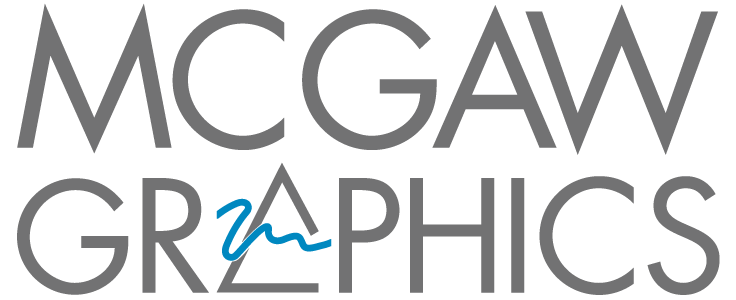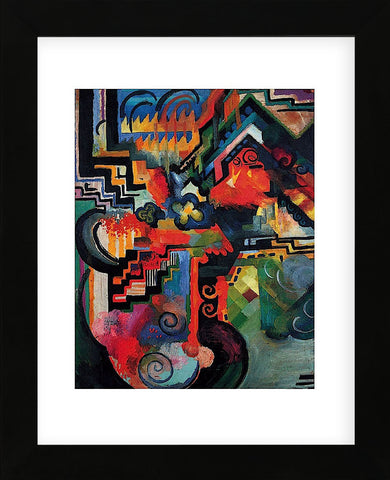Image is Copyrighted and Property of its respective owner
Product Detail
- Overall: 16" H x 13" W x 0.75" D
- Overall Product Weight: 2.5lb.
- Material: Glass
- High quality print on heavy paper
- Printed with vibrant, color-fast inks
- Framed in a contemporary style molding; available in black, white, and gold
- Sawtooth hanger
- Unmatted
About the Artist
August Macke (b Meschede, Westphalia, 3 Jan 1887; d nr Perthes-les-Hurlus, Champagne, 26 Sept 1914) was a German painter. He began his artistic training in autumn 1904 at the Kunstakademie in Dusseldorf, but he was far more interested by the instruction at the Kunstgewerbeschule, run by Peter Behrens, where he attended evening courses given by the German printmaker Fritz Helmuth Ehmcke (1878-1965). Friendship with the playwrights of the Dusseldorfer Theater, Wilhelm Schmidtbonn and Herbert Eulenberg, awakened Macke's interest in the stage. With the German sculptor Claus Cito, he developed designs for stage sets, including those for a production of Macbeth, which led to an offer by the theatre to employ him, but Macke turned it down. In April 1905 Macke travelled with Walter Gerhardt, his future wife Elizabeth Gerhardt's brother, to northern Italy and Florence. His drawings of this period reveal freshness and a receptive sensibility. In July 1906 he travelled to the Netherlands and Belgium with Schmidtbonn, Eulenberg and Cito, continuing on with Schmidtbonn to London, where he visited the city's museums. In November 1906 he broke off his studies at the academy. After encountering French Impressionism on a trip to Paris in summer 1907, Macke began to paint in this manner; in autumn of that year he went to Berlin to join the studio of the German painter Lovis Corinth. However, work in the studio, and Corinth's way of suggesting corrections, did not suit Macke's temperament, nor did the city's oppressive atmosphere. He returned to Bonn in early 1908. His future wife's family provided him with the means for further travel, first to Italy and then together with his wife and her uncle Bernhard Koehler, who later became his patron, to Paris. Through Koehler he gained an insight into the art market in Paris and became acquainted with Ambroise Vollard. In 1908-9 Macke discharged himself from his one-year military service. Once again in Paris on his honeymoon in 1909, he met Louis Moilliet and, through him, Karl Hofer.





